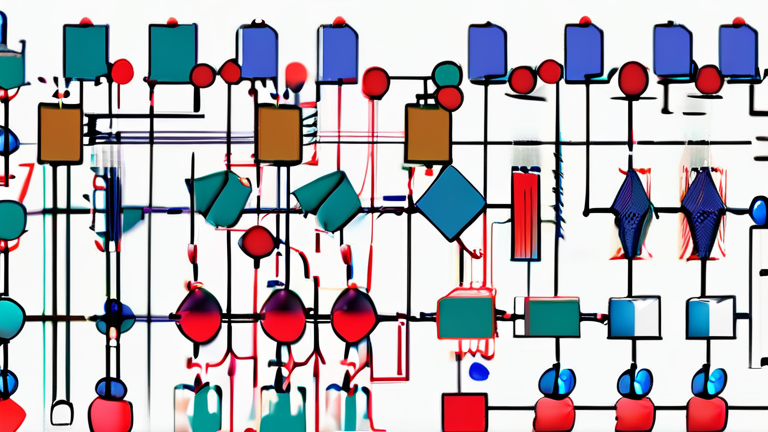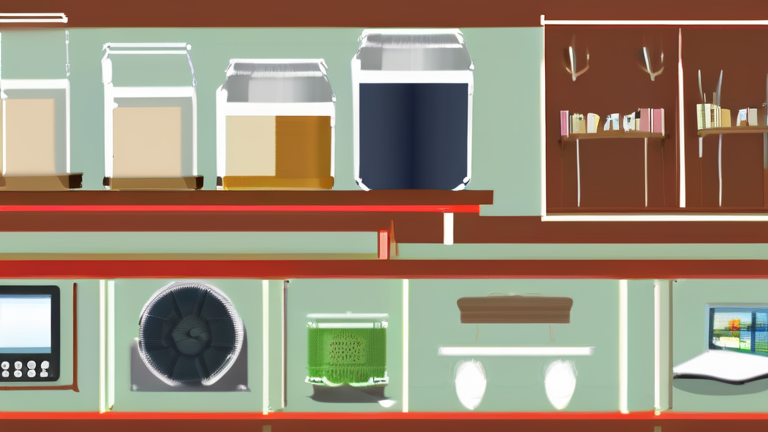The Hidden Cost of Always Being ‘Available’

The Hidden Cost of Always Being ‘Available’
The Pressure to Be Constantly Connected
In today's digital age, it's easy to get caught up in the feeling that we need to be constantly connected to our devices and always available to respond to messages, emails, and social media notifications. This pressure to be constantly available can have a significant impact on our mental and emotional well-being, as well as our relationships with others. Many of us feel the need to be always 'on' and responsive, even outside of work hours, which can lead to burnout and exhaustion. Read more
The Impact on Mental Health
Research has shown that the constant pressure to be constantly connected can have a negative impact on our mental health. The constant pinging of notifications, the feeling of being 'on call' 24/7, and the pressure to respond immediately can lead to increased stress levels, anxiety, and depression. Furthermore, the lack of downtime and relaxation time can also have a negative impact on our mental health, leading to feelings of burnout and exhaustion. Read more
The Impact on Relationships
The pressure to be constantly connected can also have a negative impact on our relationships with others. When we are constantly available and responsive, we may start to feel like we are losing our sense of identity and autonomy, leading to feelings of resentment and frustration. Additionally, the constant pressure to be constantly connected can also lead to feelings of guilt and shame when we are unable to respond immediately, leading to a sense of fragmentation in our relationships. Read more
The Benefits of Setting Boundaries
So, what can we do to mitigate the negative effects of always being 'available'? One of the most important things we can do is set boundaries around our technology use. This can include setting specific times for checking emails and social media, setting boundaries around our work hours, and taking regular breaks from our devices. By setting these boundaries, we can reduce the pressure to be constantly connected and create space for relaxation, self-care, and meaningful relationships. Read more
Conclusion
In conclusion, the pressure to be constantly connected can have significant negative impacts on our mental and emotional well-being, as well as our relationships with others. By setting boundaries around our technology use and prioritizing relaxation and self-care, we can mitigate these negative effects and live a more balanced and fulfilling life.
Popular posts

The Best Stretches for Wife Carrying Players to Prevent..

The return of static websites in enterprise environment..

How Teens Are Earning $50k a Month on TikTok

How to Make Your Own DIY Natural Silver Polish

What is Phishing - How to Spot and Prevent Email Scams ..

What Changed When I Realized No One Was Watching

Quantum network MITM techniques

Why Some DIY Projects Are Easier Than You Think

10 Best Web Hacking Tools You Need to Have as a Cyber S..
_sagetech.jpeg)
This Free AI Tool Writes Codes and It’s Better Than M..

Most Profitable Small Business Ideas This Year

AI-generated fake archaeological finds

How to Learn Ethical Hacking Without Going to Jail

AI-generated fake expert opinions

How to Make Money with AI in 2025 (Beginner’s Guide)

How to start a caja wine business
/the_hidden_side_of_tech_blogging_no_sagetech.jpeg)
The Hidden Side of Tech Blogging No One Talks About (Un..

How to Build a DIY Weather Station

How to Build an AI Chatbot in 10 Minutes

How to Use ChatGPT for Faster Web Development
_sagetech.jpeg)
Get Unlimited Traffic - Best Websites that offer auto-s..

How a Simple PDF Can Earn You Passive Income While You ..

10 Ways to Make Money Online You Should Know This Year

The Best Apps to Make Extra Money in Your Spare Time

How to Think Like a Scientist

Building your own penetration testing drone
